
What is the Process of Owning a Property in the UAE?

The United Arab Emirates (UAE) is one of the most attractive destinations for property investors. The country’s economy is stable, and it has a favorable tax regime that attracts foreign investors. But before investing in a property in the UAE, it is important to understand the process of owning a property in the country.
In this article, we will explore the step-by-step process of owning a property in the UAE.
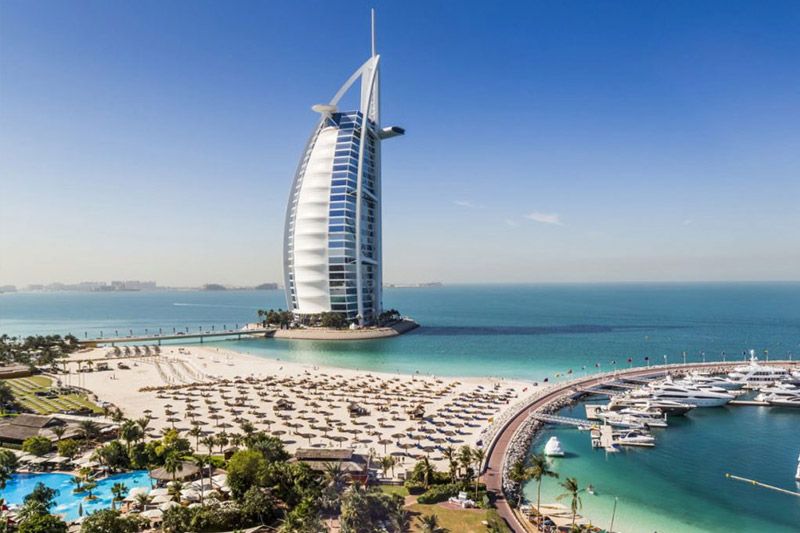
1. Introduction of Property in the UAE
Owning a property in the UAE involves a process that can be time-consuming and complicated, especially for foreign investors who are not familiar with the country’s laws and regulations. The process begins with determining the type of property you want to own and finding a real estate agent to help you with the process.
Once you have found a property that you want to buy, you will need to hire a lawyer to help you with the legal aspects of the purchase.

2. Determine the Type of Property You Want to Own
The first step in owning a property in the UAE is to determine the type of property you want to own. There are several types of properties available in the country, including apartments, villas, townhouses, and commercial properties. You need to determine your budget and the type of property that will meet your needs.
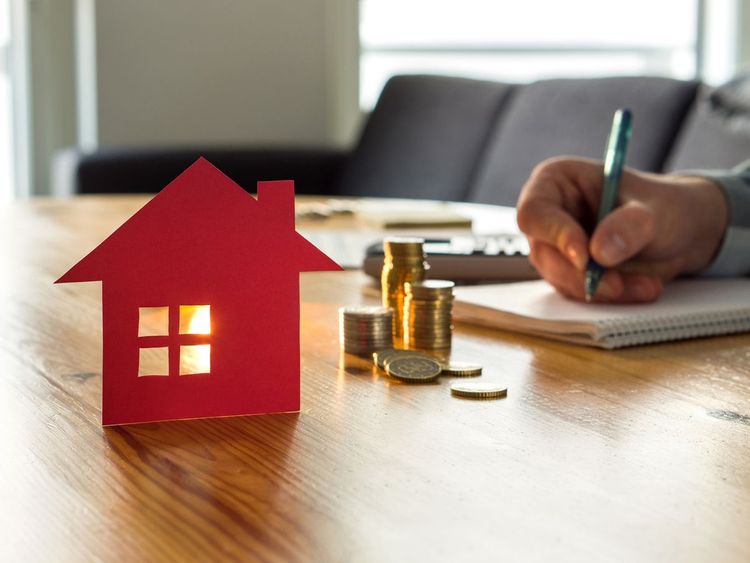
3. Find a Real Estate Agent for Property in the UAE
The next step is to find a real estate agent who can help you find the right property. A reputable real estate agent will have a good knowledge of the local property market and will be able to guide you through the process. They can also help you with property viewings and negotiations.

4. Conduct Property Viewings of Property in the UAE
Once you have found a real estate agent, you can start conducting property viewings. It is important to view the property in person to ensure that it meets your needs and requirements. During the property viewing, you should inspect the property thoroughly and ask questions about any issues or concerns you may have.

5. Make an Offer of Property in the UAE
If you are satisfied with the property, you can make an offer. The offer should be written in writing and include the purchase price, deposit amount, and expected completion date. Once the seller accepts your offer, you will need to move to the next step.

6. Hire a Lawyer in Property in the UAE
It is essential to hire a lawyer to help you with the legal aspects of the purchase. The lawyer will ensure that all legal requirements are met and that the transaction is conducted in accordance with the law. They will also assist with the preparation of the sale and purchase agreement.
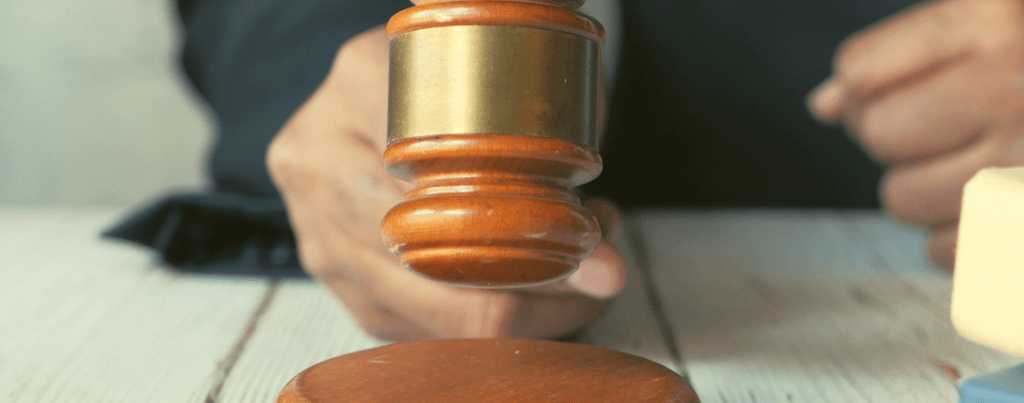
7. Sign the Sale and Purchase Agreement
Once the sale and purchase agreement is prepared, both parties will need to sign it. The agreement outlines the terms and conditions of the purchase and includes details such as the purchase price, deposit amount, and completion date.
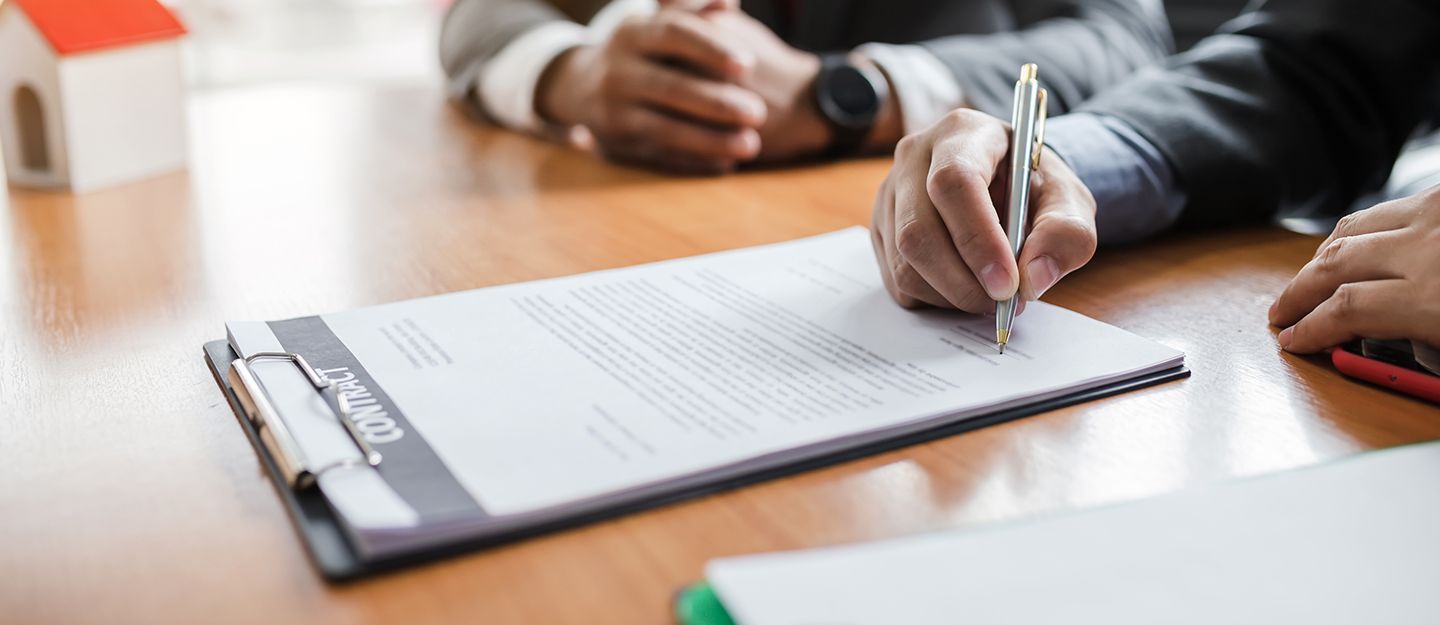
8. Make the Initial Payment
After signing the sale and purchase agreement, you must make the initial payment. The initial payment is typically a deposit of 10% of the purchase price. This deposit is held in an escrow account until the transaction is completed.
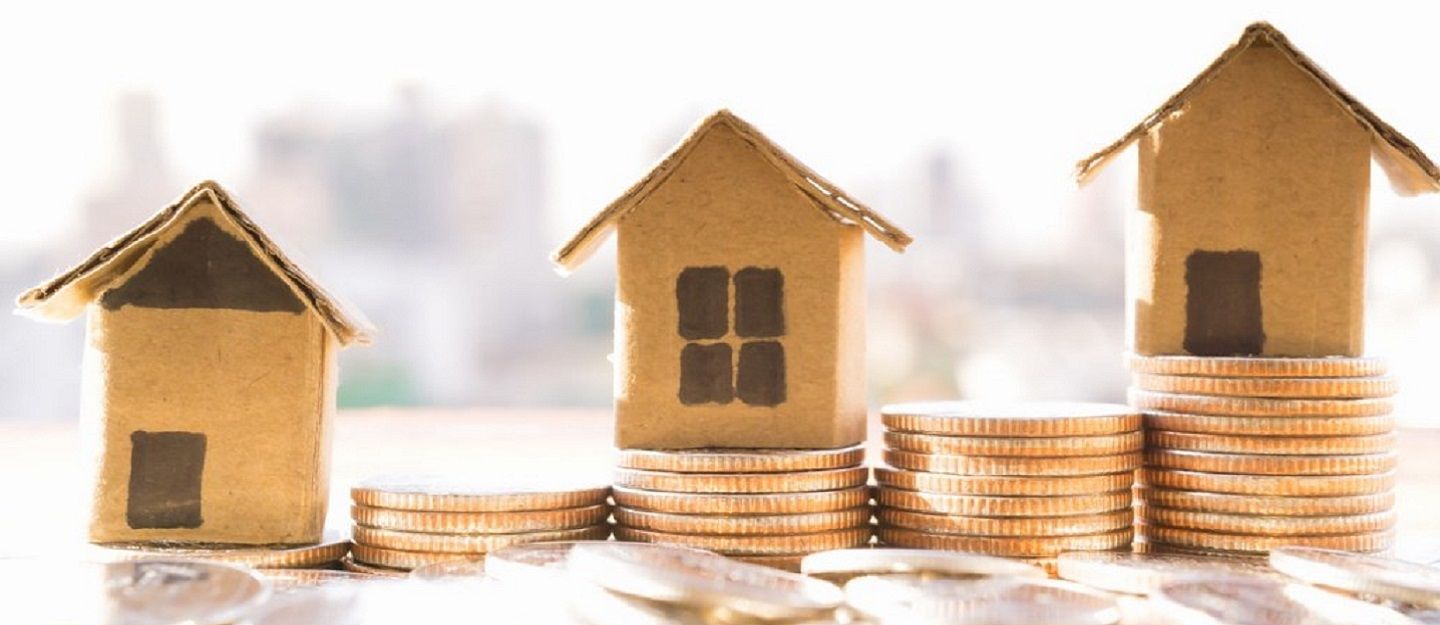
9. Obtain a No Objection Certificate (NOC)
Before the transfer of ownership can take place, you will need to obtain a No Objection Certificate (NOC) from the developer or the master developer. The NOC confirms that all outstanding fees and charges for the property have been paid, and there are no outstanding issues with the property.
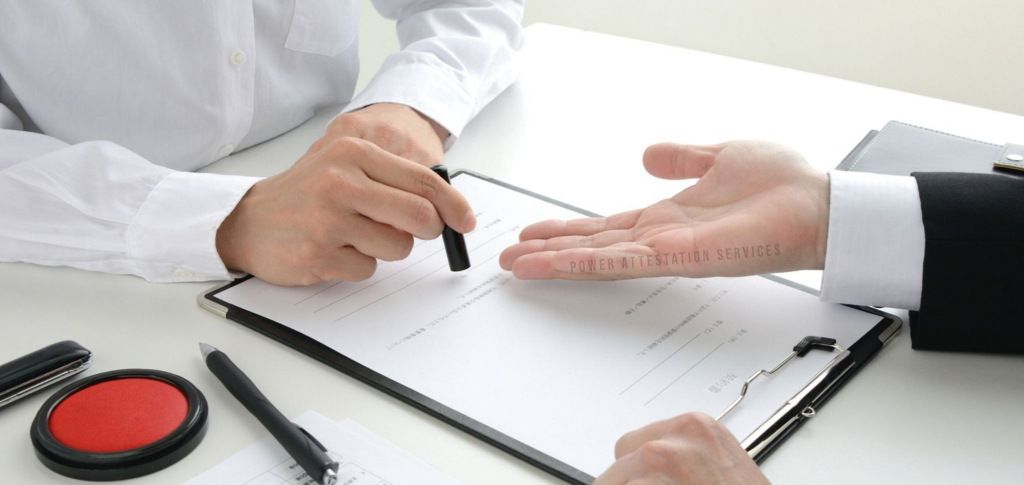
10. Transfer of Ownership
The next step is the transfer of ownership. This process is carried out at the Dubai Land Department or the relevant land department in the emirate where the property is located. The transfer of ownership requires the buyer and the seller to be present, along with their lawyers and the developer’s representative.
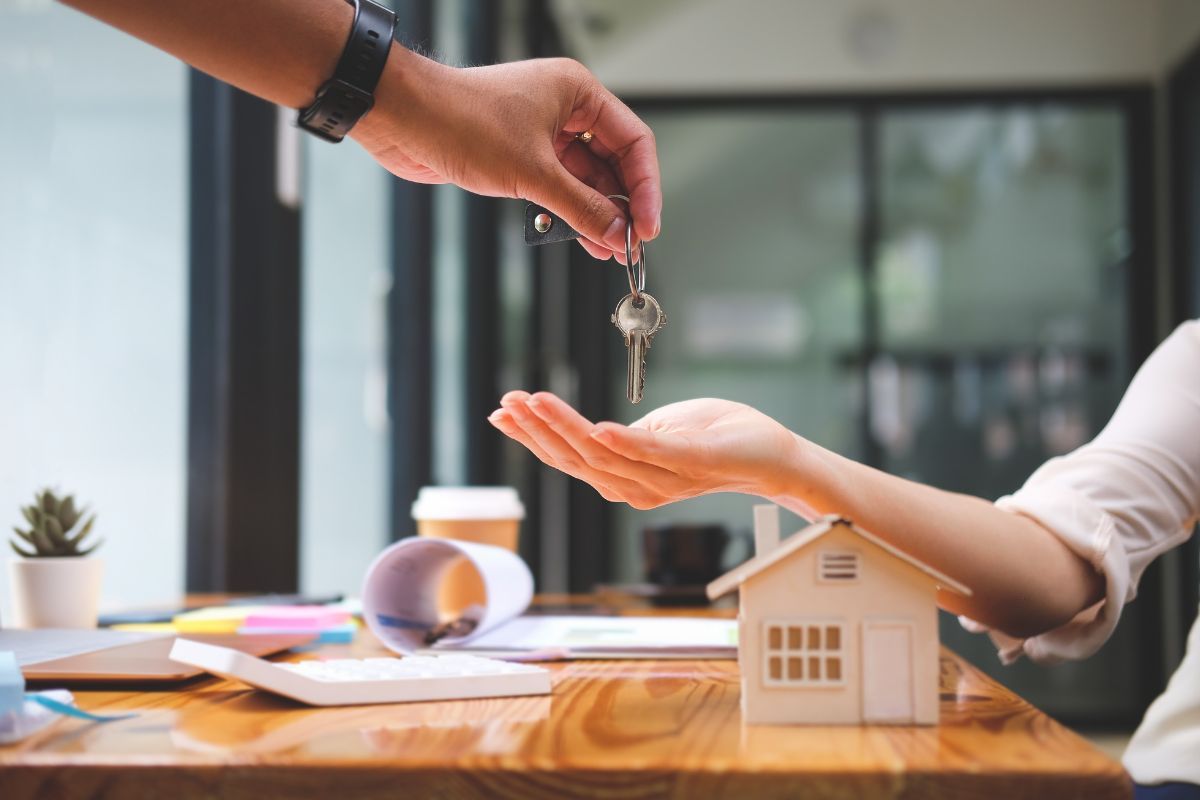
11. Register the Property
Once the transfer of ownership is complete, you will need to register the property with the relevant land department. This process involves paying a registration fee and obtaining a title deed. The title deed confirms your ownership of the property and includes details such as the property’s location, size, and ownership details.

12. Obtain utility Connection
After registering the property, you will need to obtain utility connections such as water, electricity, and gas. The developer or the master developer can help you with this process, and you will need to pay a connection fee for each utility.

13. Obtain Residency Visa
If you are a foreign investor, owning a property in the UAE can entitle you to obtain a residency visa. The property must meet a certain value threshold, and you will need to apply for the visa through the General Directorate of Residency and Foreigners Affairs (GDRFA).
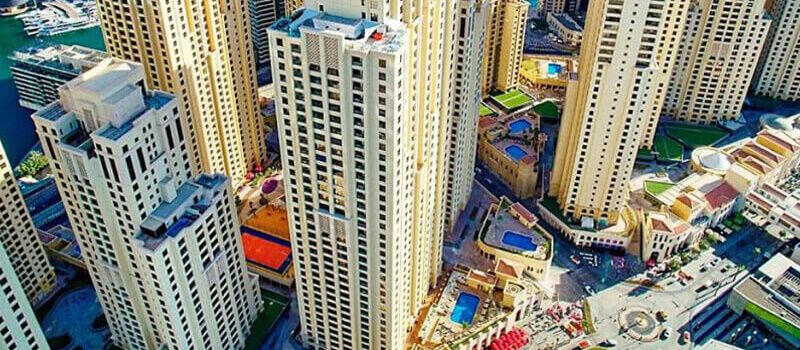
14. Conclusion
Owning a property in the UAE involves a process that can be time-consuming and complicated. It is essential to work with a reputable real estate agent and hire a lawyer to guide you through the process. By following the steps outlined in this article, you can ensure that the process of owning a property in the UAE is smooth and hassle-free.
15. FAQs of Owning a Property in the UAE
Can foreign investors own property in the UAE?
Yes, foreign investors can own property in the UAE.
What is the minimum value of a property that can entitle me to obtain a residency visa?
The minimum value of a property that can entitle you to obtain a residency visa varies depending on the emirate.
Do I need to pay any taxes on my property in the UAE?
No, there are no property taxes in the UAE.
Can I rent out my property in the UAE?
Yes, you can rent out your property in the UAE.
What is the role of the developer in the process of owning a property in the UAE?
The developer is responsible for the construction of the property and ensuring that it meets all legal requirements. They can also assist with obtaining utility connections and obtaining a No Objection Certificate (NOC).